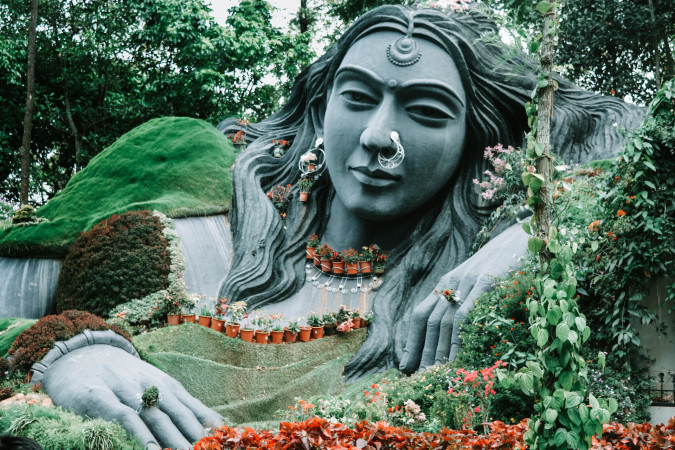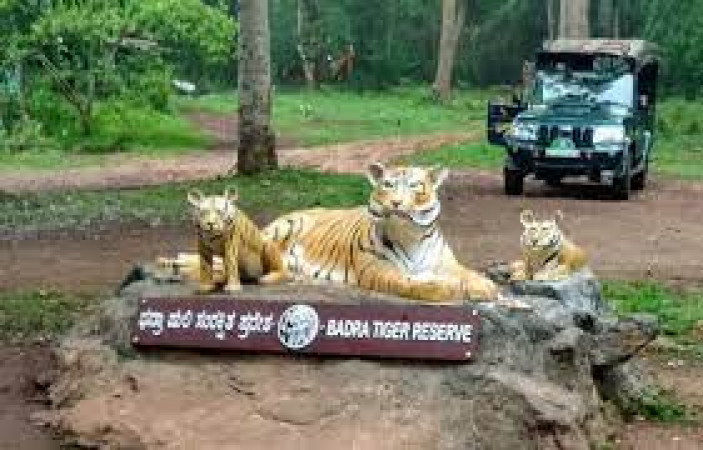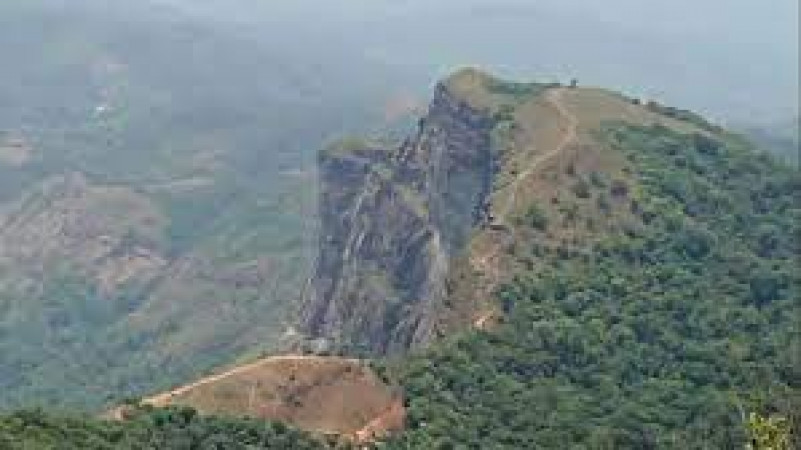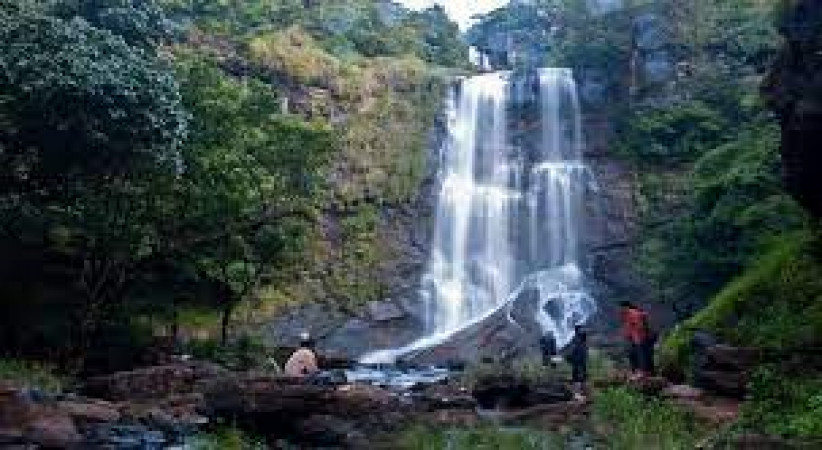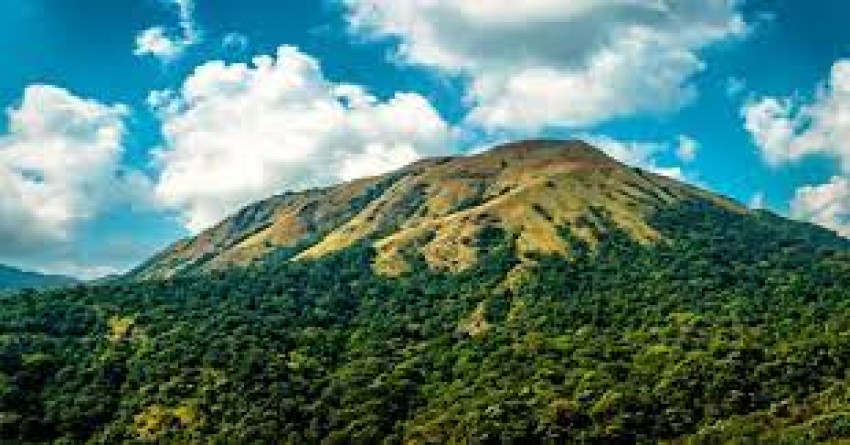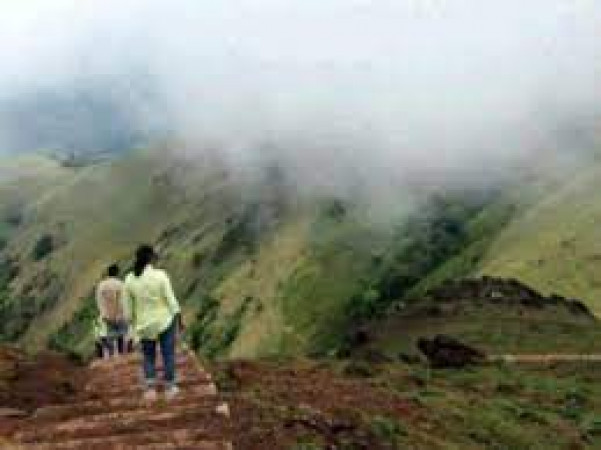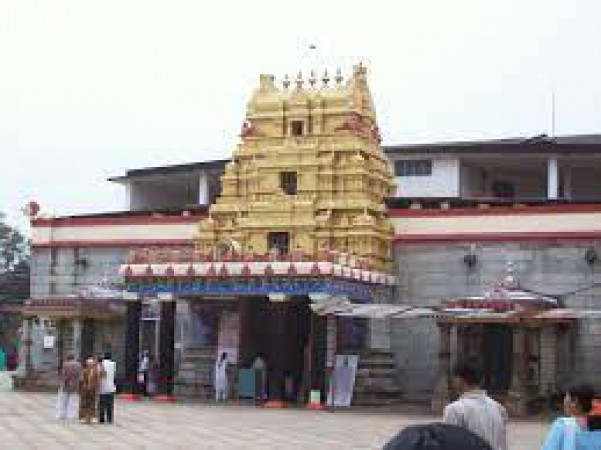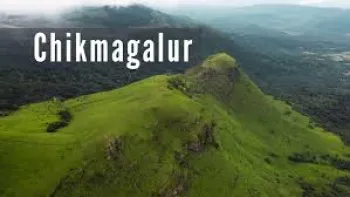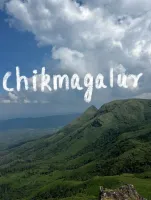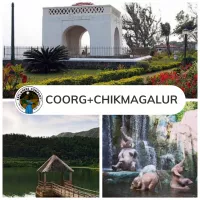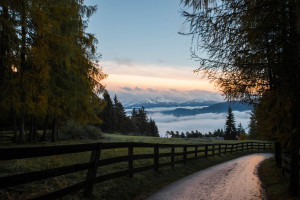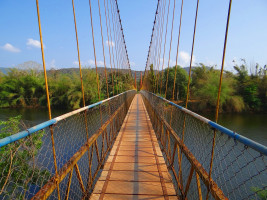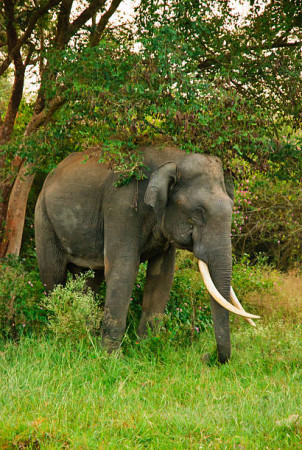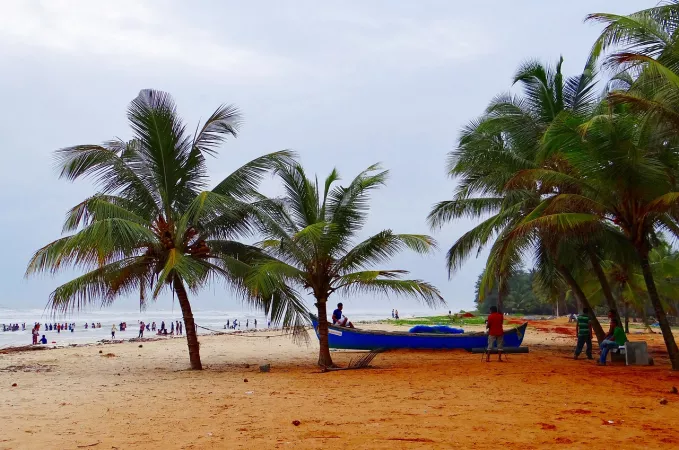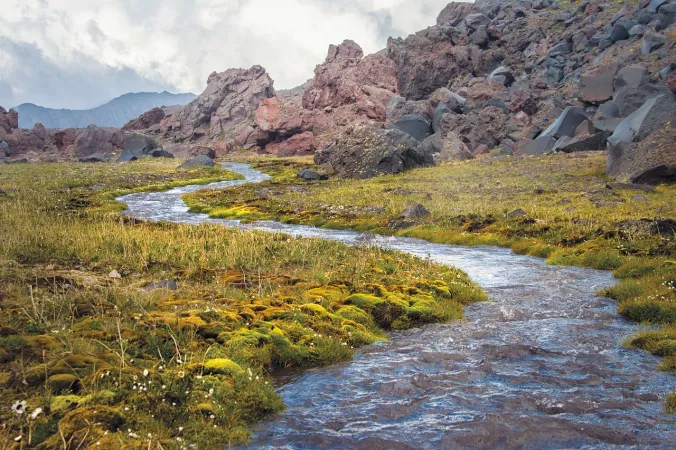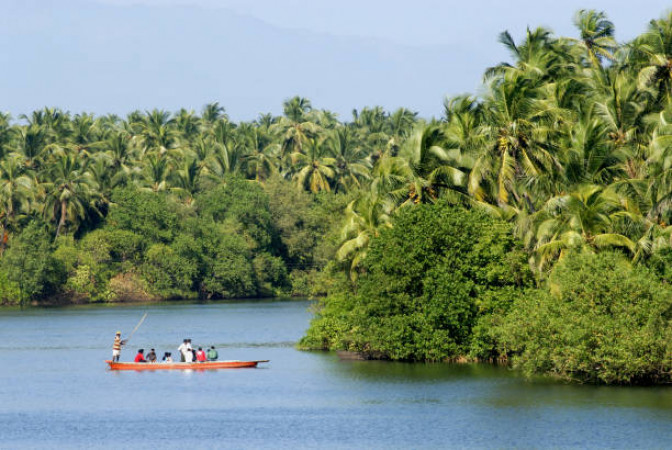Chikmagalur Travel Guide
Chikmagalur, located in the state of Karnataka in India, is a picturesque destination known for its lush greenery, coffee plantations, and stunning mountain ranges. The name Chikmagalur translates to "younger daughter's town" in Kannada. This charming hill station is famous for its pleasant climate, rich biodiversity, and historical significance as the birthplace of coffee cultivation in India.Top Attractions in Chikmagalur
- Mullayanagiri Peak
- Kudremukh National Park
- Baba Budangiri
- Hebbe Falls
- Bhadra Wildlife Sanctuary
Chikmagalur is Famous for
Coffee plantations and breathtaking landscapes.Top Attractions in Chikmagalur
- Explore the vibrant coffee plantations
- Trek to the Mullayanagiri Peak
- Visit the ancient temples at Baba Budangiri
- Experience the beauty of Hebbe Falls
- Spot wildlife at Bhadra Wildlife Sanctuary
What's Great about Travelling to Chikmagalur?
- Peaceful and serene environment
- Perfect for nature lovers and adventure enthusiasts
- Opportunity to savor fresh coffee
What's Not So Great about Travelling to Chikmagalur?
- Limited nightlife and shopping options
- May not be suitable for those seeking a bustling city experience
- Some areas may have poor mobile network coverage
Travel Tips for Chikmagalur
- Carry adequate warm clothing, as the weather can get chilly
- Respect the local culture and traditions
- Book accommodations in advance, especially during peak tourist seasons
Important Chikmagalur trip information
- Ideal Duration: 3-4 days to explore the main attractions.
- Best Time to Visit: October to March for pleasant weather.
- Nearby Airports and Railway Stations: The nearest airport is Mangalore International Airport, and the closest railway station is in Kadur.
Top 6 Places to visit in Chikmagalur
Per Person
6,999
*EXCLUDING APPLICABLE TAXES 4.3 Ratings
( 106 Reviews )
( 106 Reviews )
Total
69,000
*EXCLUDING APPLICABLE TAXES Total
27,499
*EXCLUDING APPLICABLE TAXES 5.0 Ratings
( 80 Reviews )
( 80 Reviews )
Per Person
33,132
*EXCLUDING APPLICABLE TAXES 5.0 Ratings
( 393 Reviews )
( 393 Reviews )
Per Person
24,178
*EXCLUDING APPLICABLE TAXES 5.0 Ratings
( 393 Reviews )
( 393 Reviews )
Per Person
9,999
*EXCLUDING APPLICABLE TAXES 5.0 Ratings
( 80 Reviews )
( 80 Reviews )
FAQ's on Chikmagalur
Q1: What is the best time to visit Chikmagalur?
Chikmagalur is best visited between September and March when the weather is pleasant and ideal for exploring the lush greenery and coffee plantations. This period also coincides with the post-monsoon season, offering beautiful landscapes and comfortable temperatures for outdoor activities.
Q2: Do I need a visa to travel to Chikmagalur?
Chikmagalur is a district in the Indian state of Karnataka, so if you are a foreign traveler visiting India, you will need a valid Indian visa to travel to Chikmagalur. Make sure to check the visa requirements based on your nationality and plan accordingly.
Q3: What are the must-visit attractions in Chikmagalur?
Chikmagalur is known for its scenic beauty and numerous attractions. Don't miss visiting places like Mullayanagiri Peak, Baba Budangiri, Kemmanagundi, Hebbe Falls, Bhadra Wildlife Sanctuary, and coffee plantations for a unique experience in nature's lap.
Q4: Is Chikmagalur a safe place to travel?
Chikmagalur is generally a safe destination for travelers. However, it is advisable to be cautious of your belongings, avoid isolated areas at night, and follow basic safety measures. Always stay informed about the local surroundings and seek guidance from trusted sources.
Q5: What is the local currency in Chikmagalur and can I use credit cards?
The local currency in Chikmagalur, as in the rest of India, is the Indian Rupee (INR). While credit cards are accepted in some hotels, restaurants, and larger establishments, it is recommended to carry cash for smaller purchases. ATMs are also widely available in Chikmagalur town.
Q6: What is the local cuisine like in Chikmagalur?
Chikmagalur offers a range of South Indian cuisine with a focus on local flavors. Don't miss trying traditional dishes like Akki Roti, Neer Dosa, Kesari Bath, and of course, the aromatic Chikmagalur coffee. Vegetarian and non-vegetarian options are available to suit various preferences.
Q7: What transportation options are available in Chikmagalur?
In Chikmagalur, you can find local buses, auto-rickshaws, and taxis for getting around the town and nearby attractions. Renting a car or hiring a private cab is also a convenient option for exploring the region at your own pace. Make sure to plan your transportation in advance for a smooth travel experience.
Q8: Are there any cultural norms or etiquette I should be aware of when visiting Chikmagalur?
When visiting Chikmagalur, it is important to respect local customs and traditions. Dress modestly when visiting religious sites, remove footwear before entering temples, and seek permission before taking photographs of locals. Greeting people with a 'Namaste' is appreciated, and showing respect towards elders is considered polite in Indian culture.
Q9: I am a travel agent. How can I buy travel leads of Chikmagalur?
Register yourself as a travel agent at agents.tripclap.com and then you can buy travel leads to Chikmagalur once your account is approved. For more details contact our support team at +91-8069186564 or support@tripclap.com
